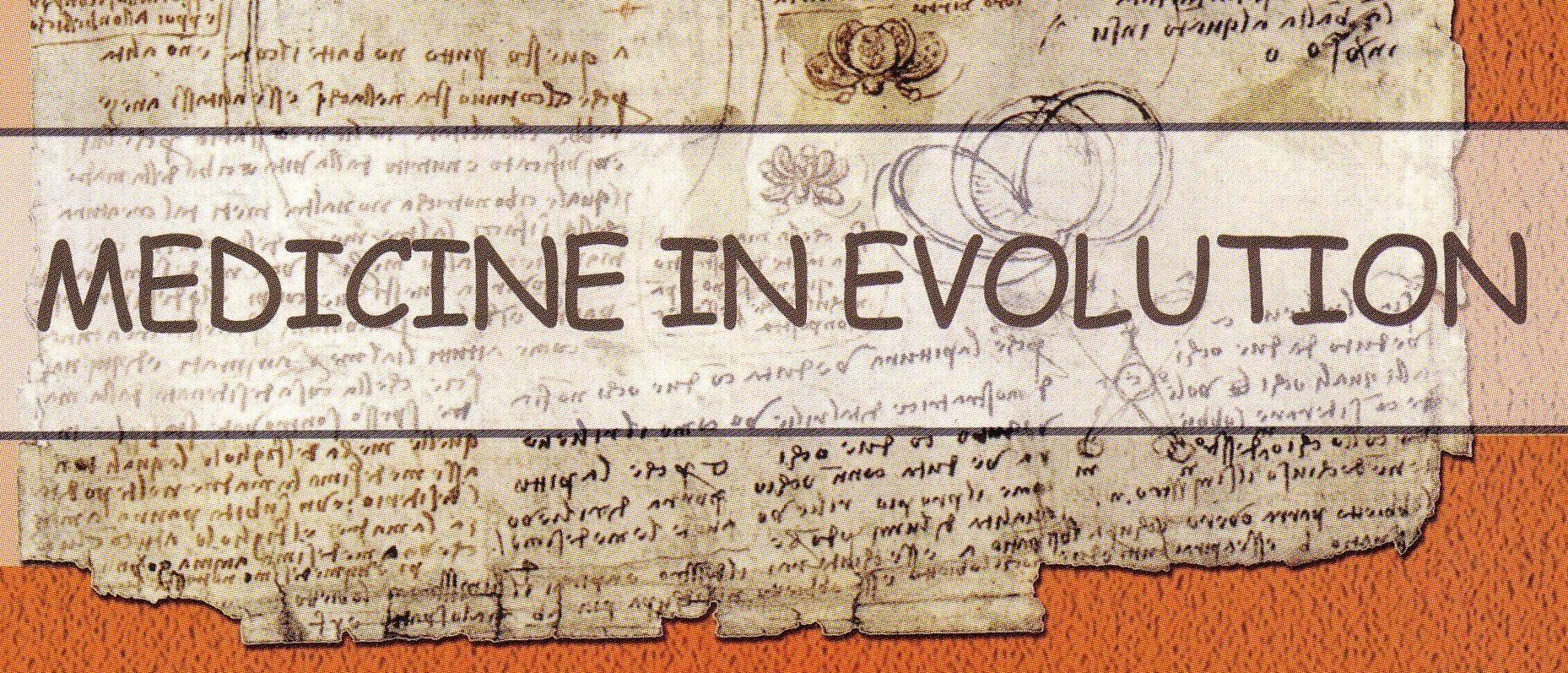|
Medicine in evolution
|
- Abstract - Without any doubt the nowadays known clinical and paraclinical elements as well as the prognosis factors only represent the expression of heterogeneity and biological complexity of Non Hodgkin Lymphoma (NHL), but it is also obvious that the ensemble of infrastructural and molecular parameters affect the evolution and prognosis of NHL patients in the most profound way 9. Material and methods: The present study refers to the recognition and correlation of prognosis factors with the treatment and evolution of patients and was undertaken on a group of patients, the essential selection criteria being the framing in the agressive (medium and highly agressive) non-Hodgkin lymphoma category as seen from the clinical, hystological and immunological point of view. 134 patients have been studied during 2006-2008. The prognosis factors that have been studied are: factors that depend on the individual, factors that depend on the tumor mass and biological factors. The data obtained in this study has been structured as follows. The considered prognosis factors have been divided into three categories: general, clinical and paraclinical. Conclusions: Male gender has been more frequently associated to an advanced clinical stage. The existence of B signs in elderly patients represents a negative prognosis factor. The best results have been obtained in young patients, phenotype B, without other associated conditions, in early stages, without B symptoms, without extra-nodal or marrow determination.
Key words: agressive Non Hodgkin Lymphoma, prognosis factors, evolution, treatment
Webmaster: Creanga Madalina |
|---|---|
